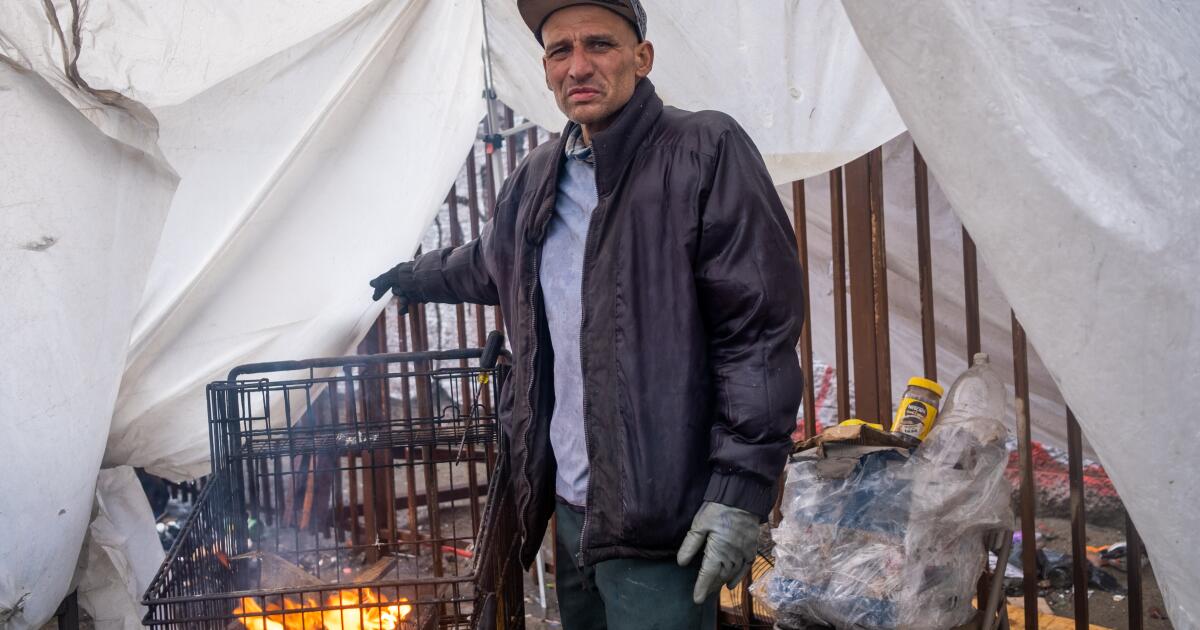If 100 homeless people were given $750 per month for a year, no questions asked, what would they spend it on?
That question was at the core of a controlled study conducted by a San Francisco-based nonprofit and the USC Suzanne Dworak-Peck School of Social Work.
The results were so promising that the researchers decided to publish results after only six months. The answer: food, 36.6%; housing, 19.5%; transportation, 12.7%; clothing, 11.5%; and healthcare, 6.2%, leaving only 13.6% uncategorized.
Those who got the stipend were less likely to be unsheltered after six months and able to meet more of their basic needs than a control group that got no money, and half as likely as the control group to have an episode of being unsheltered.



I’ll also add on two other factors:
The health care industry (insurance companies, pharmaceutical companies, hospital administration, etc) make up a very sizeable portion of both the economy and the workforce. Gutting that will have very large knock on effects throughout the country
But the other aspect? While this has likely shifted a bit due to the republican jihad on medicine of the past couple years, the US has really good healthcare… for those who can afford it. Because with health care costs so high (even accounting for the bullshit insurance companies and hospitals pull), you can get paid quite a bit if you are a specialist in some form of medicine. For a lot of specialty treatments we are (or at least were) still one of the better places on the planet to “get sick”… if you can afford it. And countries like the UK have issues with preventative care simply because of how overworked health care workers are (on account of people being able to afford it…). You’re a lot less likely to die if you get sick, but it is also “harder” to not get sick, as it were.
Personally? I think our health care system is so fucked that it is hard to do much worse. But hybrid models (I think it is Denmark that is often held up as a great example of this, but also grain of salt because Left Leaning Millennials have a massive chubby for anything “nordic”) where you have a government provided/supplemented baseline “basic human rights” health care system but the ability for employers to offer premium care seem like the way to go.
Which is why I still prioritize UBI over health care reform. Because all of the above will result in a lot more people needing UBI. And while I acknowledge it is portrayed as a dystopia for a LOT of reasons, I still think the Martian model in The Expanse is probably what we as a society need. UBI and housing so that people aren’t dying in the streets if they can’t get enough shifts at Wendy’s. But a strong incentive to still pursue higher education (the cost of which definitely needs adjusting…) or to work less than desirable jobs to be able to afford luxuries and a higher quality of life. Effectively a hybridization of “Capitalism” and “Socialism” as it were.
So nordic